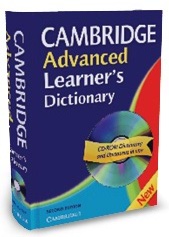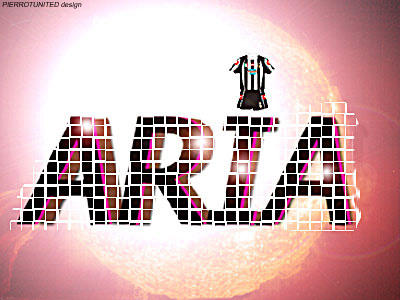10 things you need to know about dictionaries:

[And imagine... all this time I thought it was a heavy book whose purpose was to act as a weight for when I press flowers!]
~ Rads
*** .. *** .. *** .. *** ..
1. To find the spelling of a word you do not know, start with what you do know like the first, second, third letters. When you get to the first letter you are unsure of like the fourth letter in 'separate' then you check the different possibilities. You will likely find your word. If not, try to think of a similar-sounding word that you know is spelled oddly. Perhaps you are trying to find 'knight' and it sounds like 'knife,' which you do know how to spell. You are on your way to the correct spelling.
2. Remove the paper dust jacket from your dictionary. Dictionaries have to be used! Make sure that it is well-used by keeping it in an area where you are most likely to use it. Make it a valuable part of your life.
3. When you go to the dictionary to look up a word, stick around and learn another. Link your search for one word with another and you greatly improve the chances that you will recall what you learned. Check out the neighborhood: try reading a few words up and a few down from the word you looked up.
4. Always read the etymology (word history/origin) included in the entry you looked up. Though some etymologies won't prove very exciting or valuable to you, every so often there will be one that will amaze you and fill you with the excitement of learning.
5. Maybe you are intimidated by Scrabble and other 'formal' dictionary games. So, try dictionary activities that are fun but not necessarily 'games' or competitive. Try opening the book to the place where your target word is and see how close you come. Or try covering the headword, read the definition, and guess the word. Try looking through some pages to find a word you have never seen before, and learn about it.
6. Choose to have both a dictionary with examples from literature and one with staff-written examples of how words are used in context. Illustrative examples may be a significant aid in improving your understanding and use of words.
7. Wonder about words out loud, in front of others. Then reach for a dictionary, in front of others, to satisfy your curiosity. "Get caught" reading the dictionary for fun.
8. One of the first rules about how to read a book is to know what sort of book it is. This principle holds just as true for dictionaries. You need to understand the intentions and purposes of the dictionary, how it was designed, how the definitions are ordered, etc. You can do this by reading the guide or explanatory notes in the front of the dictionary. Reading this will lead you to specific understanding of that dictionary.
9. Children benefit most from learning to use a dictionary geared to their age and reading level. They can also use learners' dictionaries, which are designed for foreign students. The language described is the usual everyday variety, there is more information about grammar patterns of words, and plurals and other forms of the words are indicated. The most important feature is the many examples, sometimes authentic but always representative of normal, everyday usage.
10. To use a thesaurus properly, you need to use a dictionary, too. In order to make an informed selection from words clustered under a thesaurus concept, one should check the word in a dictionary and be sure to substitute the synonym in an example sentence to see if it sounds right and conveys the desired meaning.
[Taken from www.dictionary.com]



1 Comments:
Thanks for the positive feedback =) It is much appreciated. Do enjoy reading, and best wishes to you moxie.
- Rads
Post a Comment
<< Home